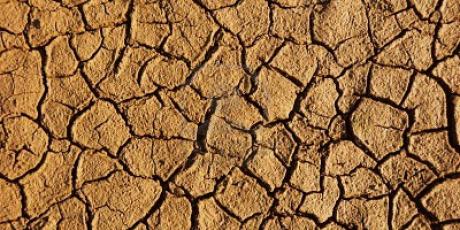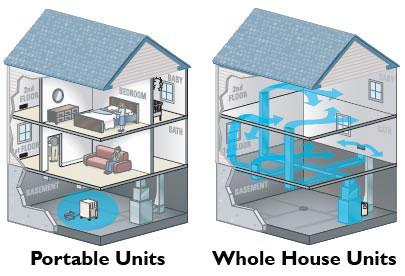
Winter is here and with it comes very cold temperatures. When you turn on your heating system to get that much needed comfort, the relative humidity in your home drops significantly because heating your home dries out the air. The resulting dry air absorbs moisture from you and everything inside your home. Even newer, tighter built homes will succumb to the negative effects of air that is too dry.
Irritation and Discomfort: When you heat your home, indoor humidity levels fall below the optimum range. This causes you to experience the discomforts of too dry itchy skin, annoying static shocks and being "too cold" at normal temperatures.
Unhealthy Air: Viruses thrive in low humidity conditions and can actually increase the likelihood of getting colds, flu and other upper respiratory ailments. The American Society of Otolaryngology advises the importance of preventing an overly dry environnment because it signficantly inscreases susceptibility to infection.
Home Damage: When heated air isn't properly humidified, it causes walls and ceilings to crack and wood floors and trim to seperate. Expensive art work can be ruined. Musical instruments can go out of tune and electronic equipment can fall victim to static electric charges, requiring expensive repair or replacement.
Higher Energy Costs: Dry air robs the moisture from your skin, making you feel colder, which means you turn up the heat. Dry air shrinks the framing around doors and windows, resulting in gaps that let in cold air from the outside, making your home less energy efficient.
The Environmental Protection Agency advises keeping indoor humidity between 30 and 60 percent -- any higher, it notes, and you run the risk of creating a breeding ground for mold. On the other hand, with less than 30 percent relative humidity, you and your family might find yourselves not only uncomfortable, but running the risk of the overly dry mucus membranes that can lead to nosebleeds and infections. So what should you consider before retrofitting your home with a central humidifier?
Give us a call so we can recommend the humidifier that is the best choice for your home.

Cure Indoor Dryness and Increase Comfort
